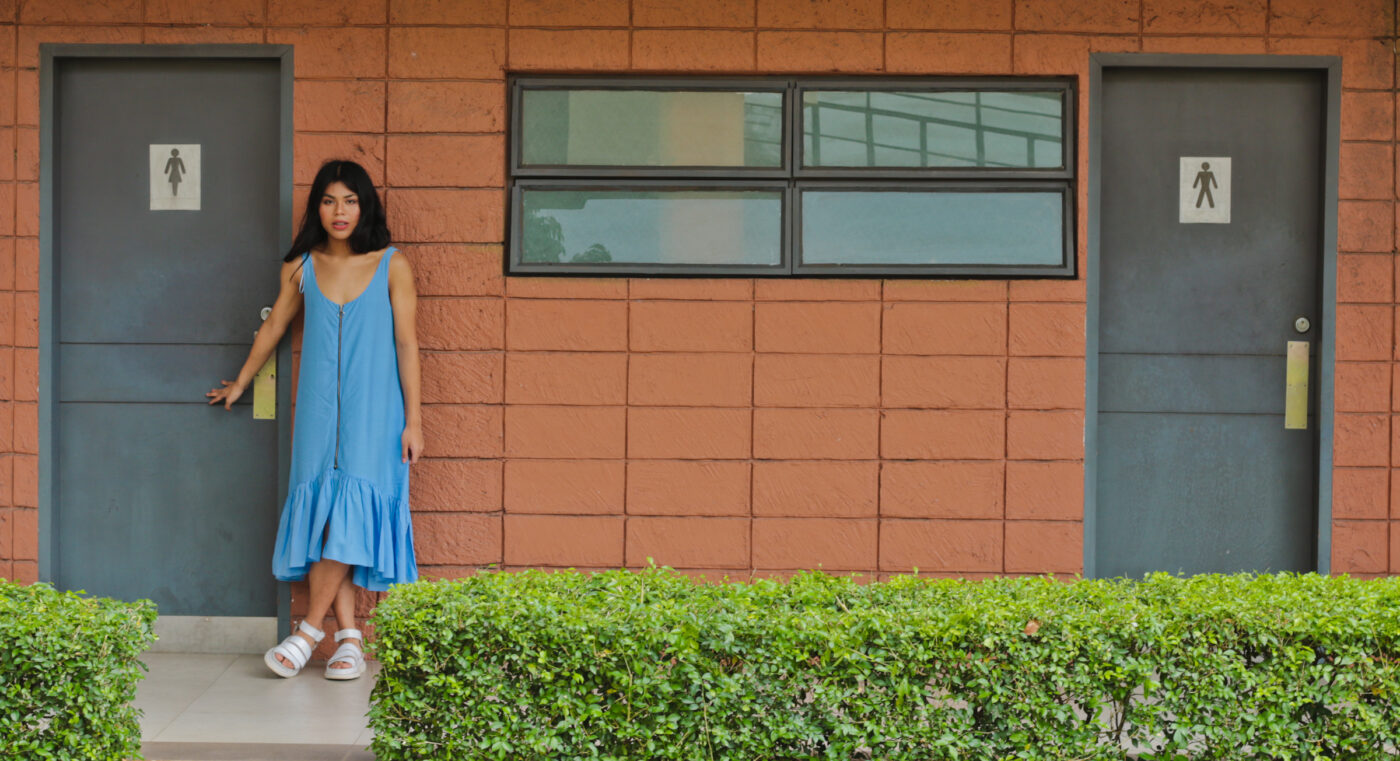A GROUP of Loyola Schools (LS) professionals will conduct a baseline study on existing gender policies and programs in the LS. It aims to review LS’ gender-related programs and facilities, as per the Commission on Higher Education’s Memorandum Order No. 1, Series of 2015.
The study will also look into policies regarding harassment, sexual misconduct, and health services.
The research group is composed of Sociology and Anthropology (SA) Assistant Professor Enrique Niño Leviste, PhD, Ateneo Library of Women’s Writings Executive Director Isabel Nazareno, IPC Research Associate Leslie Lopez, SA Instructor Jessica Claudio, and Student Affairs Professional Leal Rodriguez.
Leviste is the research proponent and project director. The University Research Council and the IPC provided a grant to fund the independent study.
The Sanggunian is also seeking to establish a Committee on Gender in the Central Assembly.
The proposed committee will forward issues such as awareness campaigns on rape culture and strengthening the Women’s Desk for anti-sexual harassment cases. The Women’s Desk has been subsumed into the Students’ Rights and Welfare Desk.
From study to policy
The research group is awaiting the University Research Ethics Office’s clearance for their tools and instruments. According to Nazareno, the review of the materials will take around six weeks, while the data-gathering will commence in October. The team will gather the results of the research by December this year.
After the data analysis, the next phase will look into what policies would have to be instituted. An assessment and audit on the effectiveness of these responses will also be conducted once the policies are in place.
Nazareno hopes that the data acquired will be part of the discourse on gender mainstreaming in the LS.
“What we’re hoping is that it becomes a springboard for further steps, and that it becomes really integrated even in courses that are taught, even in the language that we use,” said Nazareno.
“Hopefully this will be used as a jumping point for more studies, more awareness, [and] policies,” added Rodriguez, who also hopes that students will be empowered to lobby their concerns to the administration.
Sanggunian efforts
With regards to the study, School of Humanities Representative Ferdy Acosta and School of Social Sciences Representative Dasha Uy expressed their support and willingness to help.
“Given all these studies, magkakaroon ng policy changes in how Ateneo runs, and we really want the Ateneo student body’s voice to be part of that conversation, kasi sila rin naman ‘yung may stake sa policy,” said Acosta.
(Given all these studies, there will be policy changes in how Ateneo runs, and we really want the Ateneo student body’s voice to be part of that conversation, because they are the ones who will have a stake in the policy.)
In line with the Sanggunian’s own efforts, Acosta and Uy are proposing a Committee on Gender for the Central Assembly.
The committee will be comprised of course representatives, and is projected to be operational by this semester. It will take charge of initiatives such as strengthening the Women’s Desk, educating students on women’s rights, and promoting awareness on issues such as rape culture and on-campus sexual assaults.
The Sanggunian is also conducting other gender development efforts such as dialoguing through kapihan sessions, and visualizing an educational campaign on rape culture, sexual assault, and microaggression.
“What we really want from this initiative [is] to empower women to speak up, [and] hold people accountable for their actions…We want to encourage them to demand justice and demand accountability from their abusers,” said Acosta.
The Sanggunian will also be working with the Office of Student Activities Coordinator for Gender and Cultural Affairs Neil Reyes for possible gender mainstreaming in student organizations. This will look into gender relations and gender dynamics inside organizations.
They are also working towards sectoral representation for the LGBTQ+ and women sectors of the student body.
Last August 27, the Student Judicial Court approved the Electoral Code amendments submitted by the Ateneo Commission on Elections, paving the way for the election of sectoral representatives in the Sanggunian.
Student sentiments
Management economics junior and Union of Students for the Advancement of Democracy member Hya Bendaña expressed her support for the study. She said that even though the school is “dominantly liberal,” it does not mean that there is no oppression present.
“There are still a lot of gender-related issues that have to be addressed in campus. We need policies that will take gender sensitivity into consideration. Probably start with dress codes?” said Bendaña.
Meanwhile, according to literature junior Martina Herras, it is always the university’s responsibility to incorporate issues of gender and diversity into its policy and decision making.
“What I want to see is how this study concretely affects the LS community. How are we going to see this study in effect in, let’s say, the next four to five years? Studies will only remain studies unless it is put into praxis,” she added.
ERRATUM: An earlier version of this article identified one of the offices as the Office of Student Affairs, and has now been edited to its proper name Office of Student Activities. We apologize for the oversight.







